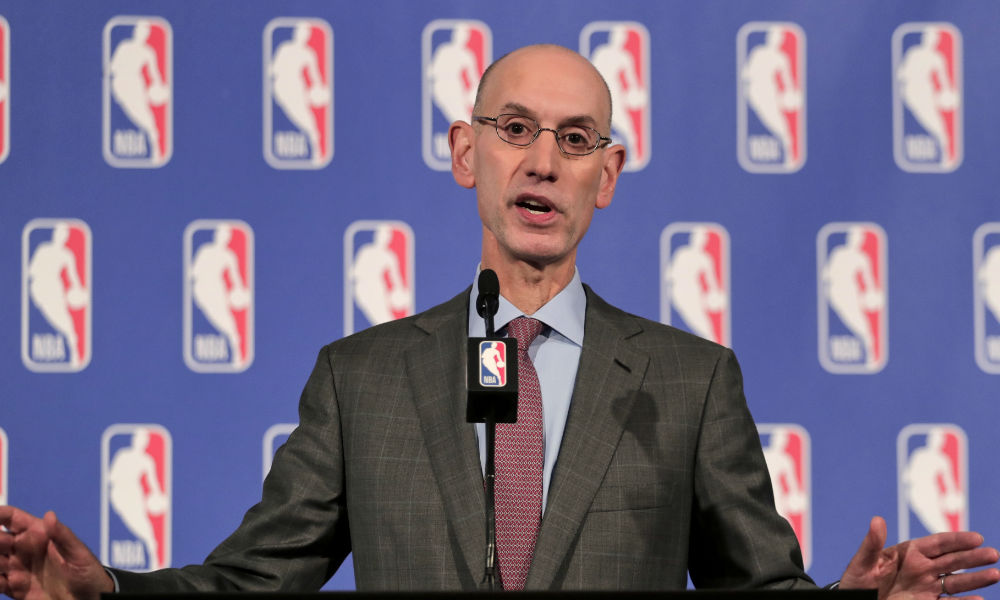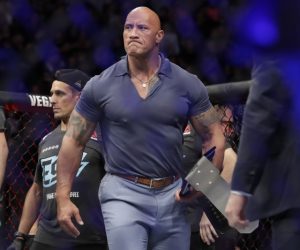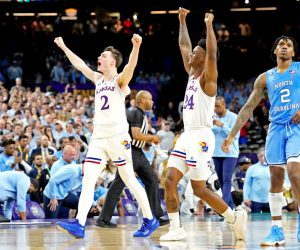NBA Commissioner Adam Silver might be softening his stance on the league’s one-and-done policy, which prohibits high school players from entering the NBA draft, suggesting it might be time to scrap the rule.

Silver spoke last week at a press conference following the Board of Governors when he floated the prospect of eliminating one-and-done.
The rule was instituted in 2006 and allowed prospective players to have one year removed from high school in order to enter the NBA Draft. The term one-and-done was coined because many of these athletes spent one year at a college and then immediately declared themselves professional.
Silver said it might be time to abolish the rule, which has been heavily criticized by players and their union. He did not set a timetable, however, on when it might happen.
“My personal view is that we’re ready to make that change,” Silver said. “Given that Condoleezza Rice and her commission has recommended to the NBA those one-and-done players now come directly into the league, and in essence the college community is saying we don’t want those players anymore, that tips the scale in my mind that we should be taking a serious look at lowering our age to 18.”
Silver’s 180
When Silver took over as commissioner in 2014 for David Stern, the man who instituted the one-and-done rule, he was adamant about keeping high schoolers out of the NBA. He said it was vital to the sanctity of the organization.
The player’s union tried to abolish it in their collective bargaining in 2014, but ultimately decided to table it to a later date. In the period of 2006 -2014, 63 freshman declared for the draft.
How they fared was mixed. Of the 63, 51 went in the first round, eight in the second, and four went undrafted.
For every Kevin Durant and Kyrie Irving, there was a Tyrus Thomas, Shawne Williams, Javaris Crittenton, DaQuan Cook, and Donte Green who flamed out.
Still Fighting for Integrity Fee?
Silver also used the press conference to talk about his cause celebre, integrity fees. The commissioner has been leading the charge to get money from sportsbooks paid to the league.
He and MLB Commissioner Rob Manfred dispatched lobbyists to states that were considering introducing sports betting legislation once the Supreme Court ruled that the Professional and Amateur Sports Protection Act of 1992 was unconstitutional.
Hordes of lobbyists worked state legislatures trying to get elected officials to write integrity fees into bills that were up for votes. Their efforts largely failed, but Silver has not given up the fight.
He said on Wednesday he remains committed to pushing for money for the league.
“My view is we should be compensated for our intellectual property, but we can do that directly, again, with commercial relationships with gaming establishments,” Silver said. “Even while I’ve been in town the last few days, I’ve had some discussions with some of the operators here about that.”
Silver did not disclose how the talks with sportsbook operators went or what their reaction was to his proposals.











